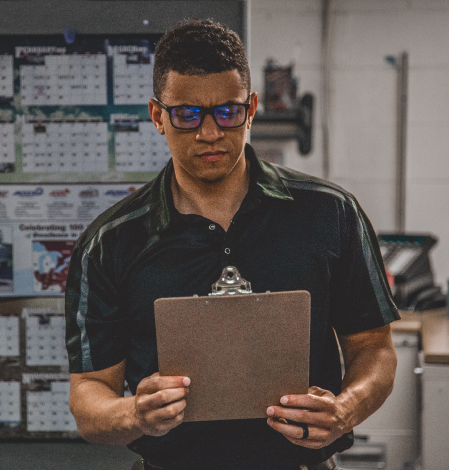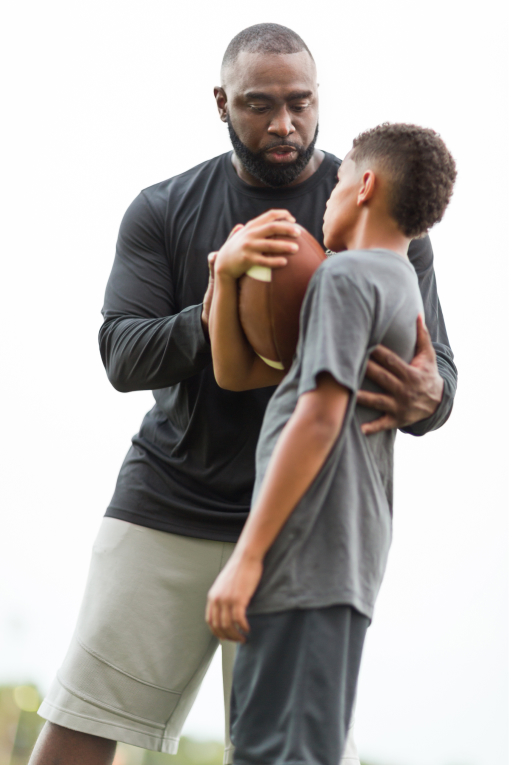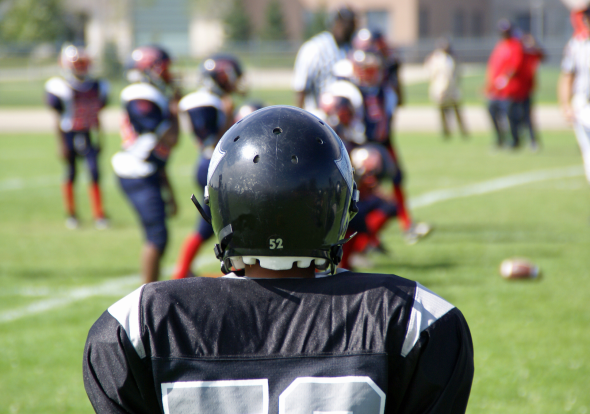We help athletes improve their mental health, achieve performance goals, and contend with performance-related challenges or deficits. Typically, this involves:
Treating any mental health diagnoses or mental health concerns to help the athlete feel psychologically better—including, but not limited to, depression, anxiety, and eating disorders.
Providing performance enhancement techniques to optimize current and future performance levels. Examples include: optimal mindset training; increasing confidence and motivation; healing imagery; energy regulation; and focus training.
When necessary, collaborating with other helping professionals like physical therapists, athletic trainers, and medical doctors to address the athlete’s presenting concern.
Working with the athlete’s social supports, primarily coaches and family members, to implement and manage changes.



